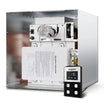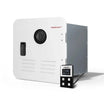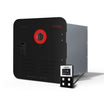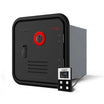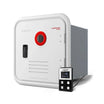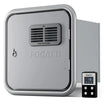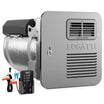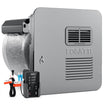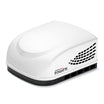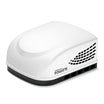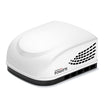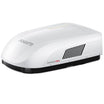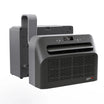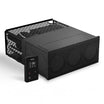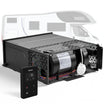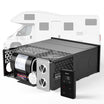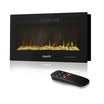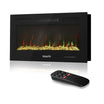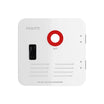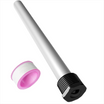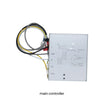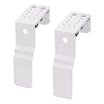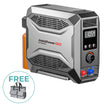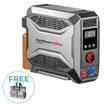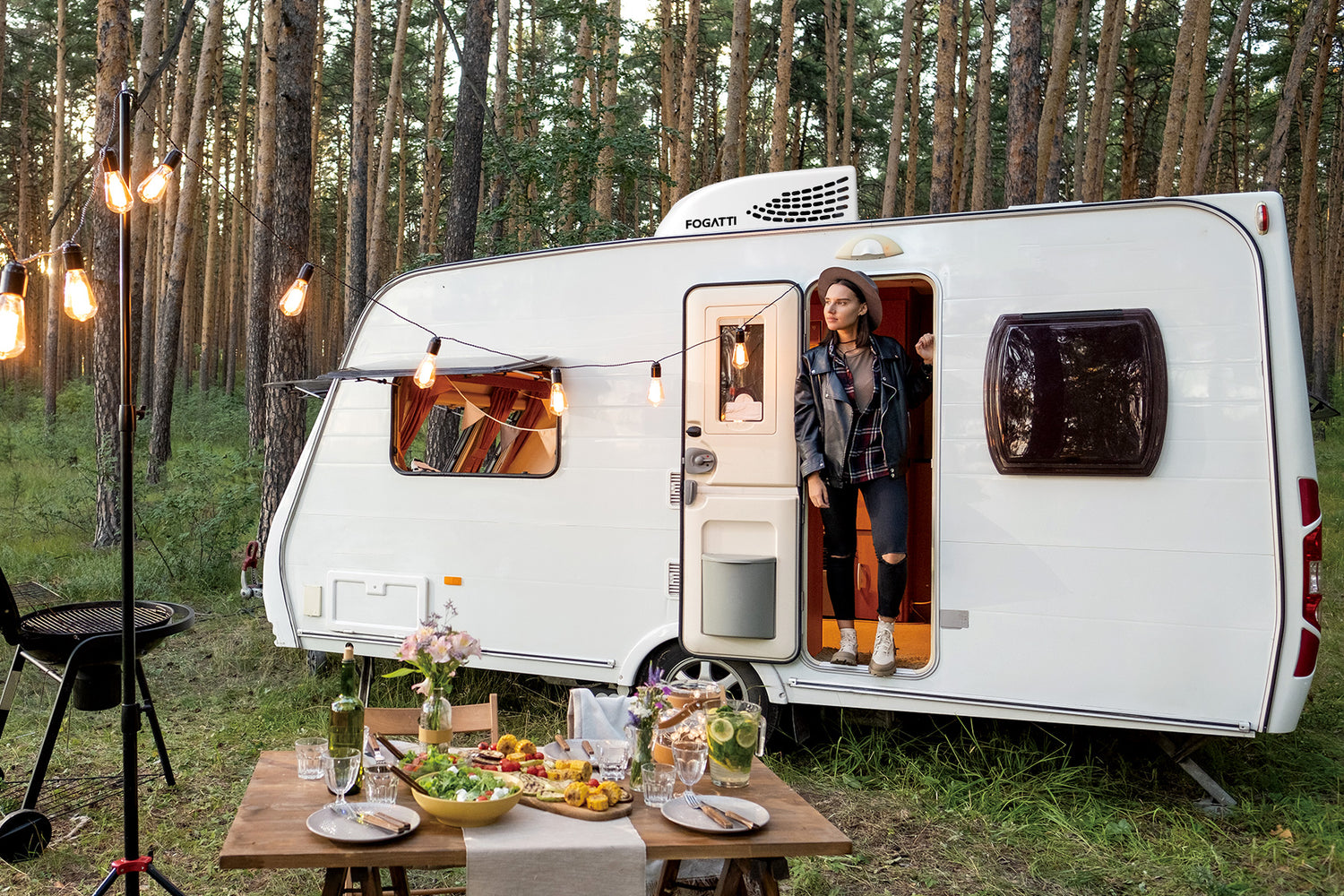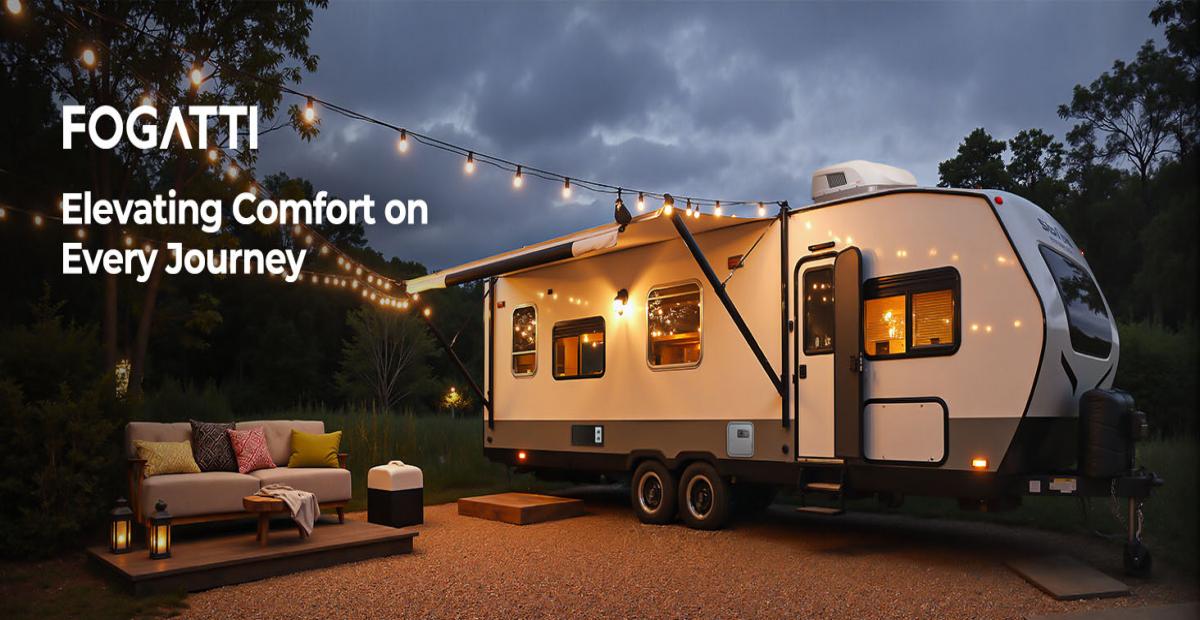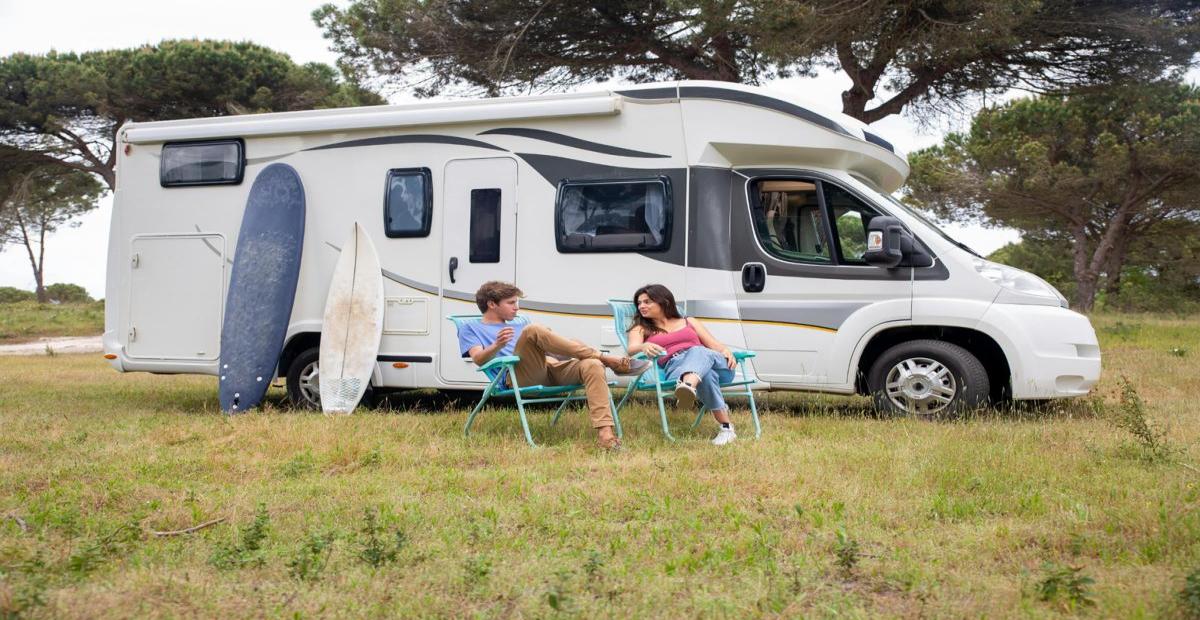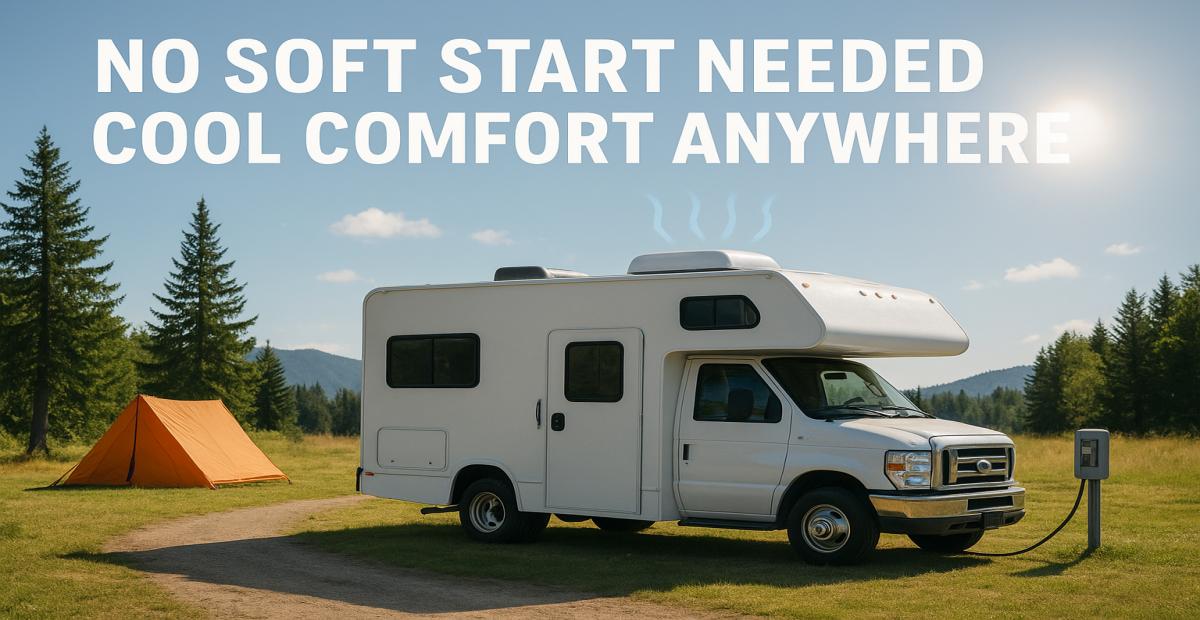Unraveling the Puzzle of RV Air Conditioners Selection and Troubleshooting
Having a comfortable temperature inside your RV is crucial for a successful and enjoyable trip. However, when your RV air conditioner isn't working correctly, it can be frustrating and uncomfortable. We will discuss common issues that RV air conditioners face and how to troubleshoot them. Additionally, we will provide tips on how to select the right RV air conditioners for your needs.
Troubleshooting Common Issues
Diagnose RV Air Conditioner Problems:
Before you start troubleshooting your RV air conditioner, it's important to diagnose the problem. Check the thermostat, circuit breaker, and fuses to ensure they're working correctly. Also, make sure that the unit is receiving power.
Troubleshoot Low Cooling:
If your RV air conditioner isn't cooling effectively, check the air filter. A dirty air filter can prevent proper airflow, causing the unit to work harder than it should. Another issue could be a refrigerant leak, which requires a professional to fix.
Troubleshoot Poor Airflow:
Poor airflow can be caused by a dirty air filter or a clogged air duct. Additionally, the fan motor may be malfunctioning, which would require professional repair.

Selecting The Right RV Air Conditioner
Choosing the perfect RV air conditioner is essential for a comfortable and enjoyable camping experience during hot summer months. However, it can be challenging since there are multiple factors to consider. Size Considerations:
The size of your RV is a crucial factor to consider when choosing an air conditioner. Larger RVs need more BTU output to ensure proper cooling. Therefore, it is essential to pick a unit that can provide sufficient cooling output in line with your RV's size.
BTU Ratings:
BTUs (British Thermal Units) is the measure of cooling power, the higher the BTU rating, the more effective the unit will be in cooling the RV. When picking an air conditioner based on BTUs, consider your travel destination's temperature. Hot areas need an air conditioner with a higher BTU, while cooler areas may do well with a lower BTU rating.
Features and Accessories:
Features and accessories can make your camping experience more enjoyable. Remote control, programmable thermostat, and dehumidifiers are some essential add-ons that come with RV air conditioners. Depending on your needs, choose a unit with the ideal features and accessories.
Power Source:
Power source is another crucial factor to consider when choosing an RV air conditioner. You can choose between running the unit using shore power or a generator. The shore power option is useful when staying at a campsite with electricity, while a generator provides power when camping off-grid.
Noise Level:
Noise level is another critical factor to take into account when choosing an RV air conditioner. You don't want to have a loud unit that can disturb the peace and quiet of your campsite. It is vital to choose units that produce minimal noise when operating.
Cost:
Cost is an essential factor that everyone has to consider. RV air conditioners come in different price ranges, and it's essential to select one that fits within your budget.
Ease of Installation:
Ease of installation is a vital factor to consider. Some RV air conditioners require professional installation, while others come with easy-to-follow installation instructions, making it convenient for anyone to install them. Therefore, when choosing an RV air conditioner, consider your comfort level with DIY installations to avoid extra installation costs.
Frequently Asked Questions
What are the benefits of RV air conditioner?
RV air conditioners offer several benefits, including enhanced comfort, improved sleep quality, protection from extreme temperatures, allergy and dust control, increased RV resale value, and versatile use. They provide a cool and comfortable environment, filter out allergens, and can be used while driving or parked. Having an RV air conditioner ensures a pleasant and enjoyable travel experience regardless of the weather conditions outside.
What are the components of RV air conditioner?
The components of an RV air conditioner include the compressor, evaporator coil, condenser coil, blower motor, thermostat, fan, filter, control panel, and electrical wiring. These components work together to cool the air, regulate temperature, circulate airflow, and ensure cleaner air quality inside the RV.
What are the maintenance for RV air conditioner?
Regular maintenance for an RV air conditioner includes cleaning or replacing the air filters, cleaning the coils, checking the condensate drain, lubricating moving parts, inspecting electrical connections, checking fan blades, testing the thermostat, cleaning the exterior, and considering professional inspections. These maintenance tasks help ensure proper airflow, prevent debris buildup, maintain efficient cooling, and prolong the lifespan of the RV air conditioner.
What are the steps in cleaning an RV air conditioner?
To clean an RV air conditioner, turn off the power, remove the air filter, clean the exterior, clean the evaporator and condenser coils, clear the condensate drain, reinstall the air filter, and restore power. These steps help remove dust, debris, and blockages, ensuring proper functioning of the unit. Refer to the manufacturer's instructions for detailed cleaning procedures.
How can I make my RV air conditioner last longer?
To make your RV air conditioner last longer, you need to perform regular maintenance, use it responsibly and avoid extreme temperature changes, ensure proper ventilation, avoid overloading the electrical system, schedule professional inspections, use additional insulation or shading, store it in a sheltered location and be mindful of power sources. Following these tips can extend the lifespan of your RV air conditioner.
Fogatti would like to emphasize the importance of selecting the right unit for your needs and effectively troubleshooting common issues. When it comes to selecting the right RV air conditioner, consider factors such as the size and layout of your RV, power requirements, cooling capacity, and desired features. By choosing the appropriate unit, you can ensure optimal comfort during your travels.
However, even with the right selection, it's crucial to be prepared for common issues that may arise. Regular maintenance, such as cleaning filters and coils, checking electrical connections, and inspecting for leaks, can help prevent problems. In case of issues, troubleshooting steps, such as checking fuses, ensuring proper ventilation, and assessing thermostat settings, can often resolve the problem.
Remember, proper selection and troubleshooting not only enhance your RV air conditioner's performance but also contribute to a pleasant and comfortable journey. With the right unit and the knowledge to address common issues, you can enjoy cool and refreshing adventures on the road.


